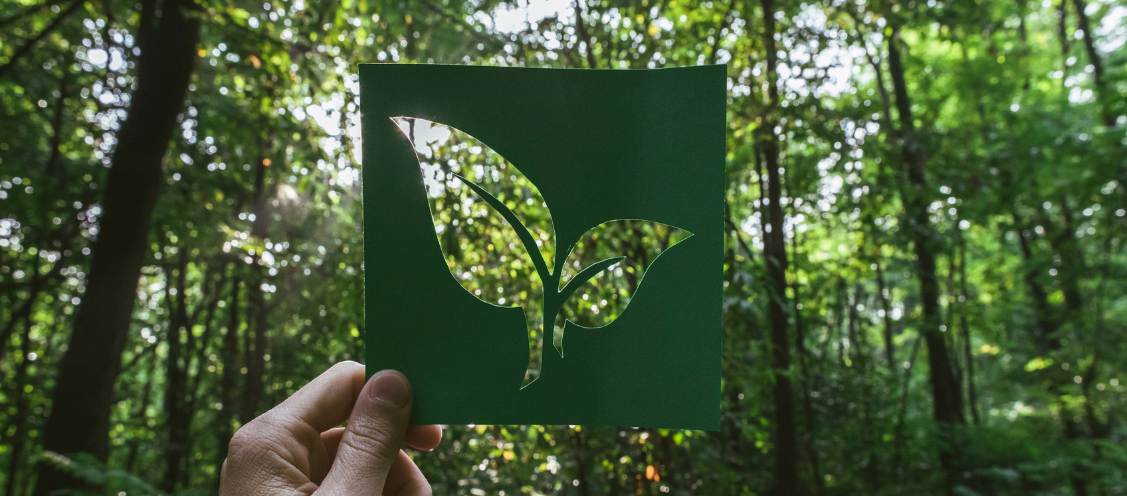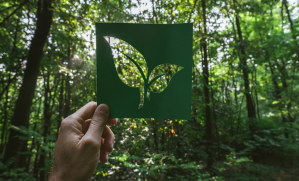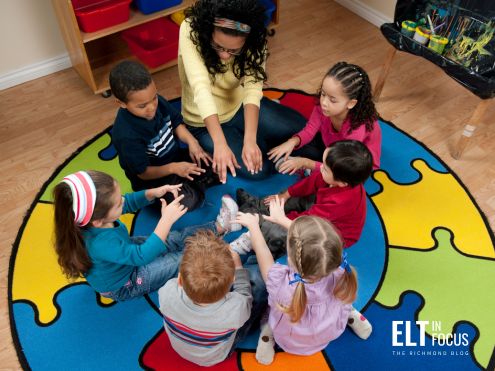We’re back with another post of no or little-prep green activities that can give a nice green twist to any lesson.
1. ‘Would you Rather’ with an eco-twist (B1 - C2)
Encourage students to slowly take up sustainable acts by introducing them to a few simple changes through the “Would you rather” game. Remember to always ask why!
Would you rather:
- give up meat or give up milk?
- recycle everything or stop buying unnecessary single-use plastics?
- pick up litter every day or not throw it on the floor in the first place?
- take your own bag to the supermarket or carry everything out by hand?
- reuse scrap paper or plant a tree?
- buy a reusable bottle or drink from the tap?
2. Eco-quotes (B1 - C2)
Share these quotes with your students then, ask them to discuss the meaning and come up with some of their own.
“There’s no Planet B.”
“The Earth is what we all have in common.” Wendell Berry
“You cannot get through a single day without having an impact on the world around you. What you do makes a difference, and you have to decide what kind of a difference you want to make.” Jane Goodall
3. Use your Calendar (A1 - C2)
Use your students' birthdays to create your very own Earth-focused calendar.
Teacher: Harry, when is your birthday?
Student: 24 March.
Teacher: What would you like to celebrate on your birthday?
Student: I really hate plastic so let’s celebrate a plastic-free day.
Teacher: Done.
If your students don’t have any particular eco-interests, try and put a green twist on something they do like. If someone loves football, take their birthday and look at how football can make a difference to the planet.
4. Debate/Discussion time (B1+ - C2)
First, toss a coin to see who agrees and who disagrees with a statement about the environment. If you don’t have a coin, you can spin a pencil, hold a pen lid in your hand, or even flip a rubber.
Remember while there is no need for prep for this activity you might need to remind your students of some of the conventions of debating and elicit some language of debate.
Use these discussion starters at the beginning or end of a class. You could position students in two lines, each student facing a partner. Then toss a coin to see which student will argue for, and against, the statement.
- Large corporations cause the most damage to the environment, so it is pointless doing anything on an individual scale.
- One person can’t make a difference to climate change.
- Plastic isn’t the problem, people are.
- It’s more expensive to be more sustainable.
- Littering laws should be more extreme.
5. What if ...? (B1 - C2)
This last activity is a fun way to get students thinking about the possibilities of a brighter future. Simply ask them some “What if” questions and get them to respond.
- What if people stopped littering?
- What if people realised that recycling wasn’t an answer to the plastic problem?
- What if single-use plastics were banned?
- What if fossil fuels were banned today?
- What if Henry Ford had invented an electric car?
- What if the media reported the climate crisis the same way it reported the coronavirus pandemic?
This is a great chance for your students to think critically about how an impact can be made on the planet if some big issues are addressed and can be taken even further. Why not get your students to think up some possible situations?
All these games and activities are easily adapted for any class but are especially useful when you’re trying to raise environmental awareness around the subject matter at hand.









